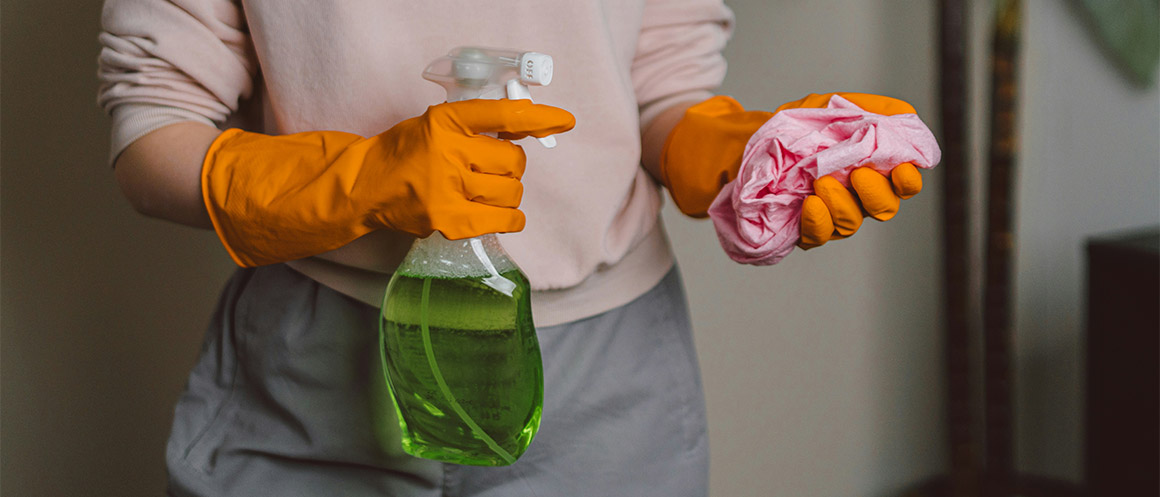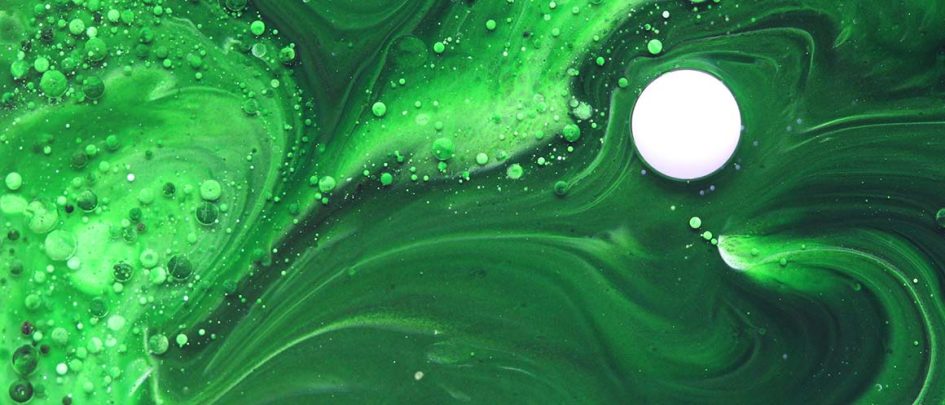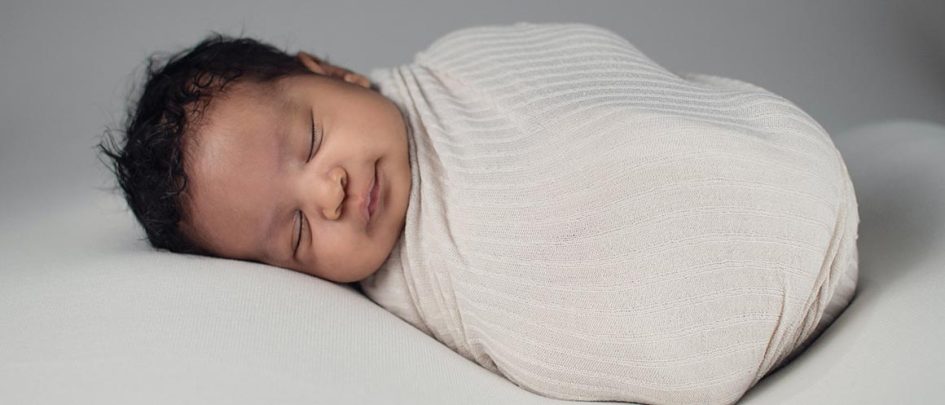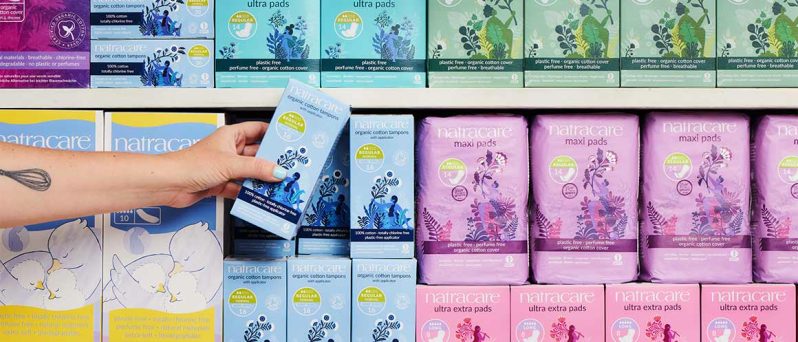You may have seen the rising commotion in the news that PFAS (aka ‘forever chemicals’) have been found in leading US baby wipe brands Huggies and Kirkland Signature. If you hadn’t heard of PFAS before, now’s the time to pay attention – these chemicals are being called the asbestos of our time, and they are everywhere.
The widespread nature of PFAS pollution is a global concern, with contamination found even in remote areas. PFAS have been found in more than 600 species of wildlife around the world. Meanwhile 48% of menstrual pads, incontinence pads, and panty liners, and 22% of tampons have also tested positive for PFAS.
This is especially concerning for products that come into close contact with the most sensitive areas of the body, like baby wipes and menstrual products. PFAS exposure has been linked to hormone disruption, increased risk of certain cancers, and developmental harm. And yet, many brands will use PFAS in everyday products without disclosing it, making it more important than ever to understand the harms of these chemicals and how to avoid them.
Here at Natracare, we believe in full transparency. That’s why our Certified Organic Baby Wipes are independently tested for full spectrum PFAs under leading international standards (EN 17681-2:2022, ISO23702-1:2023). You can feel at ease knowing what is going on your babies’ delicate skin – and your own.
What Are PFAS and Why Are They Called Forever Chemicals?
PFAS, short for per- and polyfluoroalkyl substances, are a group of 10,000+ human made chemicals that have been used in consumer products since the 1950s. You may know Tefal as a brand of non-stick pans, but it was actually one of the first discovered forms of PFAS also called PTFE. PTFE was created accidentally in 1936 when a frozen sample of the chemical fluorocarbon tetrafluoroethylene spontaneously formed a white, waxy solid. By 1945, PTFE was trademarked as Teflon, which was mass produced and later used to coat cooking pans, leading to the launch of non-stick cookware company Tefal in 1956. In under 20 years, PFAS had gone from a laboratory accident to an ingredient in everyday household products, with no understanding of its long-term health effects.
PFAS are nicknamed “forever chemicals “because they stick around, never breaking down in the environment or in the body. Their chemical structure is one of the strongest known in organic chemistry, which means they accumulate in the liver, kidneys, brain and lungs – they disrupt hormones, impacting the menstrual cycle, increase the risk for polycystic ovaries, reduce fertility and even damages healthy sperm production.
Why Are PFAS Harmful?
The same durability that made PFAS popular is also what makes them dangerous. Their persistence allows them to contaminate drinking water, accumulate in wildlife and linger in our bodies.
PFAS have been linked to serious health problems such as liver damage, thyroid disease, fertility issues and cancer. These chemicals also disrupt aquatic ecosystems, building up in fish, and other aquatic organisms affecting growth and reproduction. PFAS contamination doesn’t just effect water, it can bind to soil particles that alter the soil’s natural composition, reducing fertility and ability to support plant life. Plants and crops grown in PFAS-contaminated soil can also absorb these toxic substances and enter food chains for animals and humans.
PFAS are particularly concerning in products used on babies and around intimate skin, where skin is absorbent and exposure is more direct through mucosal tissues as in the mouth, nose and vagina.
Where PFAS Are Hiding in Everyday Products
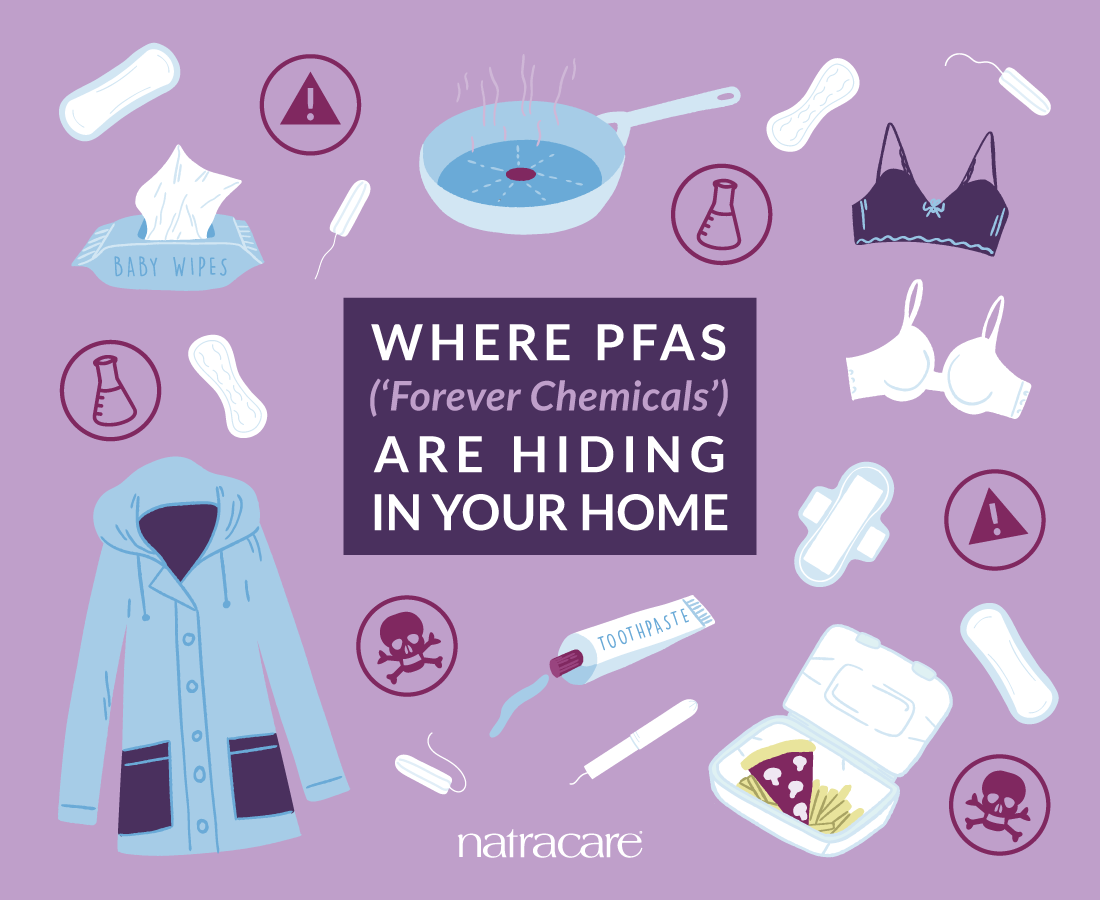
You might be surprised just how many everyday products still contain PFAS. These include:
- Non-stick cookware (Teflon)
- Cleaning products
- Water-resistant clothing and outdoor gear
- Food packaging
- Baby wipes and makeup wipes
- Dental floss
- Period products (pads, tampons, liners)
How to Spot (and Avoid) PFAS in Everyday Products
PFAS aren’t always listed on packaging, making it hard for consumers to avoid them. But there are some things to look out for when buying products that can help you steer clear of PFAS:
- Look out for buzzwords that indicate a product might contain PFAS, for example ‘Non-stick’, ‘grease-proof’, or ‘water resistant’.
- Look for products with third-party testing or certifications
- Be aware of greenwashing tactics used by brands to mislead you.
How Natracare Keeps You and Your Family Safe
Natracare was founded on the principle of transparency and putting the environment and your health first. Our certified organic baby wipes are tested under the full spectrum of PFAS testing protocols, and our pads, tampons and liners are made with organic cotton and plant-based materials, free from PFAS, plastics, fragrances, and dyes. We never use harmful chemicals, and we test regularly through independent laboratories.
Your skin is your largest organ and what you put on it matters – especially when it comes to your baby’s delicate skin, or your own intimate health.
PFAS contamination is widespread, and something we all need to be aware of. News that PFAS have been found in baby wipes is a wakeup call – it’s time to demand stricter regulation and greater transparency from brands. Make informed choices to help protect your health and the planet.
